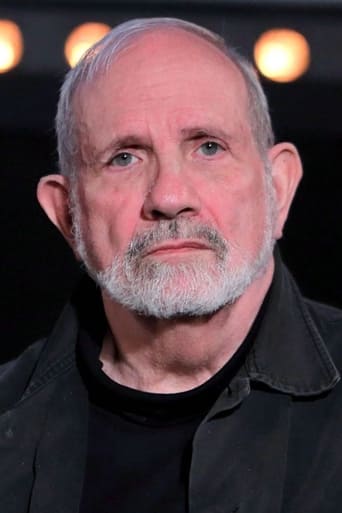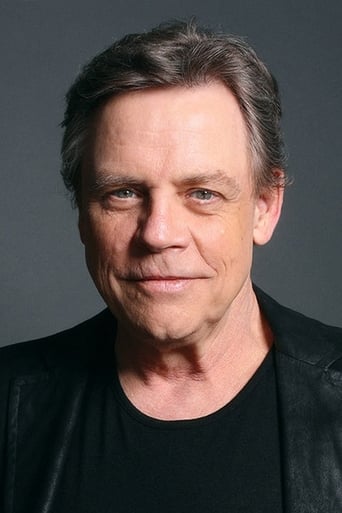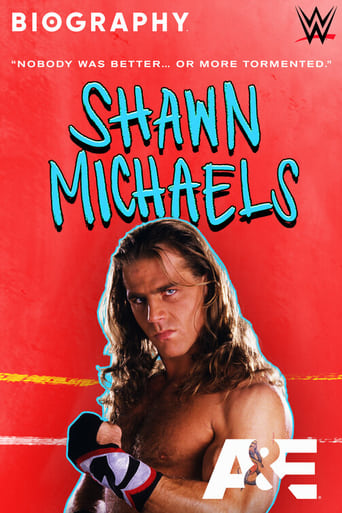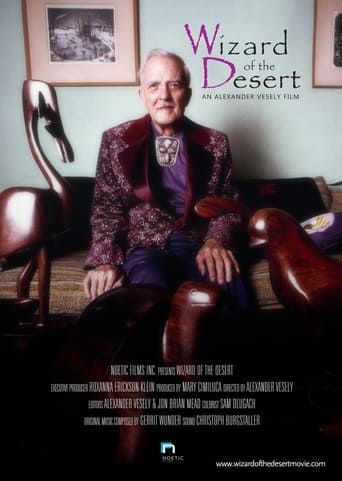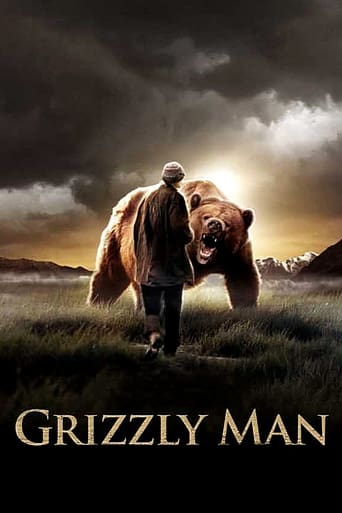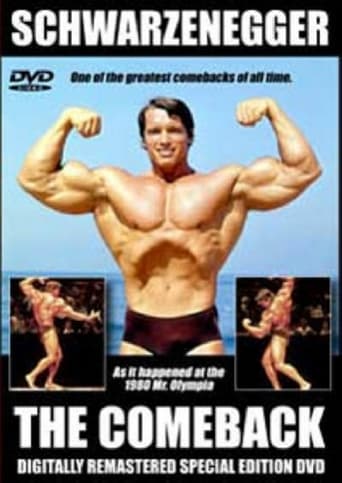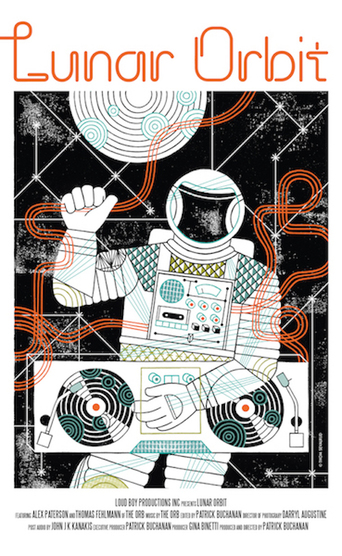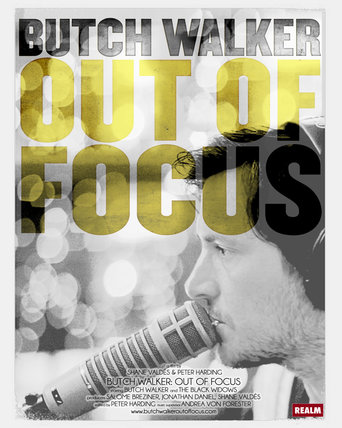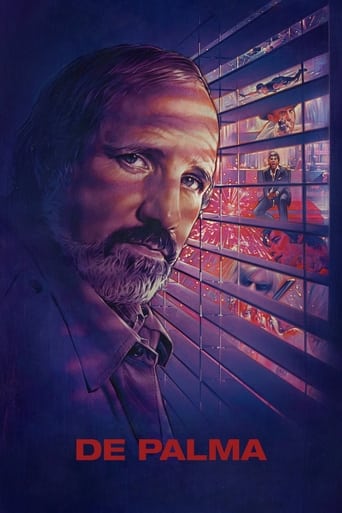
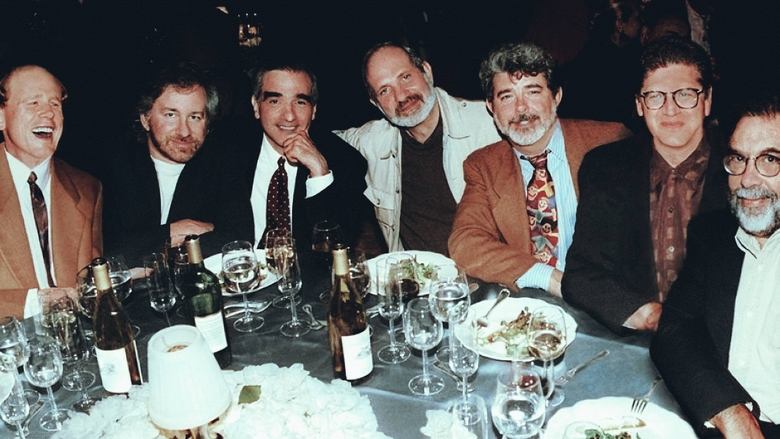
De Palma (2016)
An intimate conversation between filmmakers, chronicling De Palma’s 55-year career, his life, and his filmmaking process, with revealing anecdotes and, of course, a wealth of film clips.
Watch Trailer
Cast


Similar titles
Reviews
A documentary film exposes the life and career of Hollywood director Brian De Palma who began making films fifty years ago.This film tells a fine history, not just of De Palma's films or films in general, but also of the various historical events that influenced movies throughout the decades. Any history of the period that began in the late 60s and continued through the 70s is always welcome. De Palma mentions that there was much more freedom in those days before the business lobby took over Hollywood in the 80s and continued dominance ever since.There is enjoyable nostalgia in seeing clips of De Palma's films (which include a young, pre-stardom Robert De Niro) and those of other films that influenced him. These clips are the only alternative to this movie's main source of storytelling: De Palma himself narrating his history. While he is engaging and never dull as a speaker, the documentary feels incomplete as it lacks interviews from others - whether they be specifically for this film or older film clips from friends and foes.At one point, the renowned director mentions that he was condemned as misogynist for depicting violence against women. While he defends himself well, it would have been more interesting to hear directly from the other side. In fairness, male characters were also brutally treated in his films. His thrillers pushed the boundaries for violence. Personally, I've never been a fan of this kind of film-making even though I've enjoyed some of De Palma's films. Some of his films may stand out in movie history but I don't think the genre of excessive violence is worth glorifying.
Think about it. A film like Carlito's Way was made only 23 years ago. I cannot imagine a film like it getting made today. It cost $30 million in 1993. It would cost approximately $50 million to make today (I used % increase in CPI). I don't think any studio today would finance a $50 million gangster flick with little or no action. Unless it was made by Tarantino or someone.And even if it were to get made today, who would play Pacino and Sean Penn's roles? Tom hardy? Ryan gosling? Di Caprio? The actors today are simply terrible.I guess I went a little off topic. This documentary had De Palma talking us through some of his early socially conscious Greetings era films to his erotic films and also the big studio films. De Palma is like a really candid and jovial character who nonetheless exudes a certain toughness. It was interesting to note that he spoke at length about the movie composers that he worked with. De Palma worked with the very best of movie composers - Bernard Herrmann, Pino Donaggio, Ennio Morricone etc.He also gave an important advice to young filmmakers - most filmmakers do not make the films they want to. Certain films come their way and they make the best of it. He gave a few examples of how he would be working on one screenplay or a novel but then he would be offered something else to make and he would abandon the project he was working on. I thought that was very interesting.
This documentary is by and large an excellent film school in 108 minutes, which is just slightly ironic as at one point in a moment of candor (among several if not often points for this man), he says how film schools produce many people who just won't ever really get into the film business (he gives a percentage of people who just won't make it, and it's high). Sometimes things do simply come out to good luck, good timing, and maybe for certain studio heads and people frankly go to see the blasted things (Carrie, as we can see here, was from all four of those things coming together at once).The whole thing is De Palma only, talking to the camera, with a tiny bit at the end of him walking down the street for... some reason I'm not sure of, maybe .98% of him doing something other than talking and gesticulating was necessary - and this is juxtaposed with some photos and newspaper clippings and footage from ALL the De Palma movies (including little side pieces like "Wonton's Wake", a student film, and he even gives an anecdote about being the one with the idea to bring Courtney Cox on stage for his charming music video for "Dancin' in the Dark"). It's a full retrospective of the violent, the satiric, the operatic, and the messy.I'm glad Paltrow and Baumbach took this approach; if it had been the requisite usual documentary where other talking heads chimed in about who this guy was and his films perhaps other opinions could pipe in, but if the movie is called DE PALMA, give us a full course of the man! And this does as far as it being a full life story, with the semi-framing of Vertigo, Hitchcock's masterwork of surrealism and voyeuristic nightmares realizes, being the lynchpin for many of his works (Obsession, Dressed to Kill, Body Double, basically any movie that has a long take of a character following another or doubles being used, not to mention Bernard Herrmann). There's also, something I'm glad about, not too much in the way of trying to deep-focus-psychoanalyze the man as far as his films; the questions, though we don't hear them, seem to lead to straightforward answers (whether you like what he has to say about women - in his plain language, he says, "I like following women, I think they make good subjects on film" in so many words, that depends on how you see it in his films).Because it's all on him for those interviews, camera planted down as De Palma talks, the scenes from his many films, from The Wedding Party to Passion (50 years!), it doesn't feel bogged down at any time - from one movie it leads to another and another, and I liked that I came away understanding there was no real grand plan for De Palma as a filmmaker (he didn't know he wanted to even be one until college, again with good timing the Nouvelle Vague changed everything as well as American experimental cinema), and this is a documentary that is charting a real commercial artist of the 2nd half of the 20th century.By this I mean he is conscious of the money - one of the anecdotes about Carrie reveals how he knew down to 200 grand what a movie *would* cost with a certainty - and yet even with this consciousness he could go too far; look at what happened between 1987 and 1993, where he goes from one of his biggest successes (Untouchables) to a personal triumph but financial flop (Casualties of War), a general fiasco (Bonfire, though he says he still enjoys the movie, "Don't read the book", he says half jokingly), and then another personal film but this time as one of *his* thrillers (Raising Cain) and finally what he thought of as "I can't make something better than this (Carlito's Way, one of my personal favorites) - it all shows a man working in the system (perhaps sometimes against his better judgment, though it's not to say he didn't want his films to be seen and appreciated, he clearly did and still does), but he was always finding his way through the films, falling on his face at times, but still coming away with how he wants to do it, if only by the skin of his teeth.If there is a complaint to have it's not even that it's too short, per-say, but near the end the section of De Palma's life and career in this century feels short-changed; perhaps this may be intentional by way of the director's point near the end where he brings it back to Hitchcock, that, according to him, post-Psycho his films didn't connect because a filmmaker's best work is in their 30's-40's-50's (spoken like a true Tarantino eh?), however I still wanted to know more about this latter-day films, that have interesting elements even as they go back to his roots (Femme Fatale, Redacted, Passion being good films, the middle one showing some innovation even in his latter years). This said, for at least 100 minutes this is film-geek ecstasy, with stories that sometimes feel like their from the front-lines, and you can't help but laugh at some/several of them. His candor brings you in, but it's also that he can simply be fully engaging with an audience as a speaker (albeit it's clear occasionally he's talking to two filmmakers behind the camera), and so for regular audiences who may have only seen Scarface or Carrie or the first M:I movie and want to more more it can be compelling as well.To put it another way, if I showed this to my film school students, I'd almost feel like I wouldn't need to hold too many other classes - except, maybe, probably, to just make a damn movie as a collective ala Home Movies!
Watching this documentary, one begins to realize how big of an influence De Palma himself in the world of movies. His output includes a little bit of every possible genre, and though he's not a young man anymore, he can still surprise us. He belongs to a group of directors that will probably never be matched in either their individual or collaborative work. He has definitely left a legacy worth enjoying and studying.De Palma started in the 60's, and the film gives some background on his earlier productions. It's the 70's where he started making movies that most of us are familiar with and will always associate his name with. He unleashed the world of horror with "Carrie", probably igniting a surge in popularity for King and himself. That film also introduced Sissy Spacek to us. The documentary continues to give us informational bits on most of his work, clarifying issues, telling us what he liked or he didn't like in some of the films, and how there were always unexpected developments in his productions depending on who his partners were.His work is for the most part quite remarkable. He combines beauty, obsession, and horror in films like "Body Double" and "Dressed to Kill". He works with some of the biggest stars in the world and directs hits or unexpected flops, but they are always memorable. Throughout the documentary, we admits his mistakes, and how his films could have been improved. He also tells us how other films which tried to imitate him fail because they might be going in a different direction. Overall, De Palma proves himself an artist, a man who loves movies, who understands them and knows how to make them. He values the association with a good writer, a good idea, and most importantly he is cognizant that there is no way one can work alone in a place like Hollywood, regardless of the risks and the benefits.


